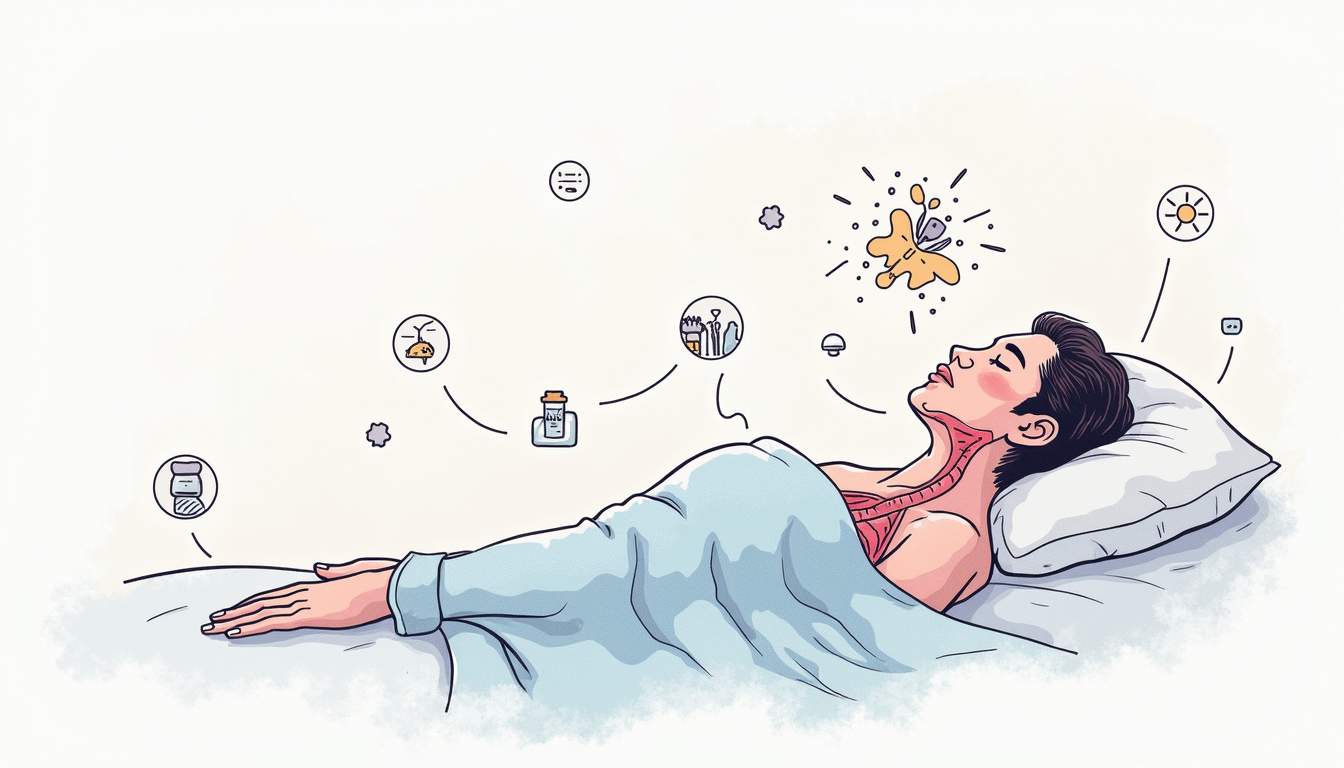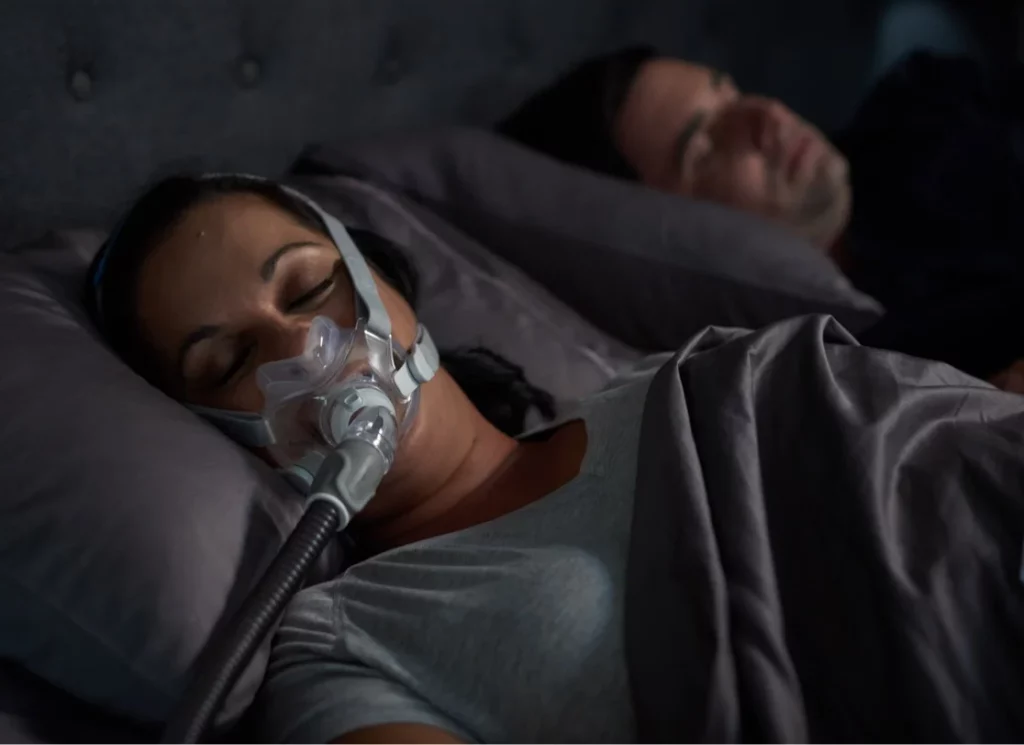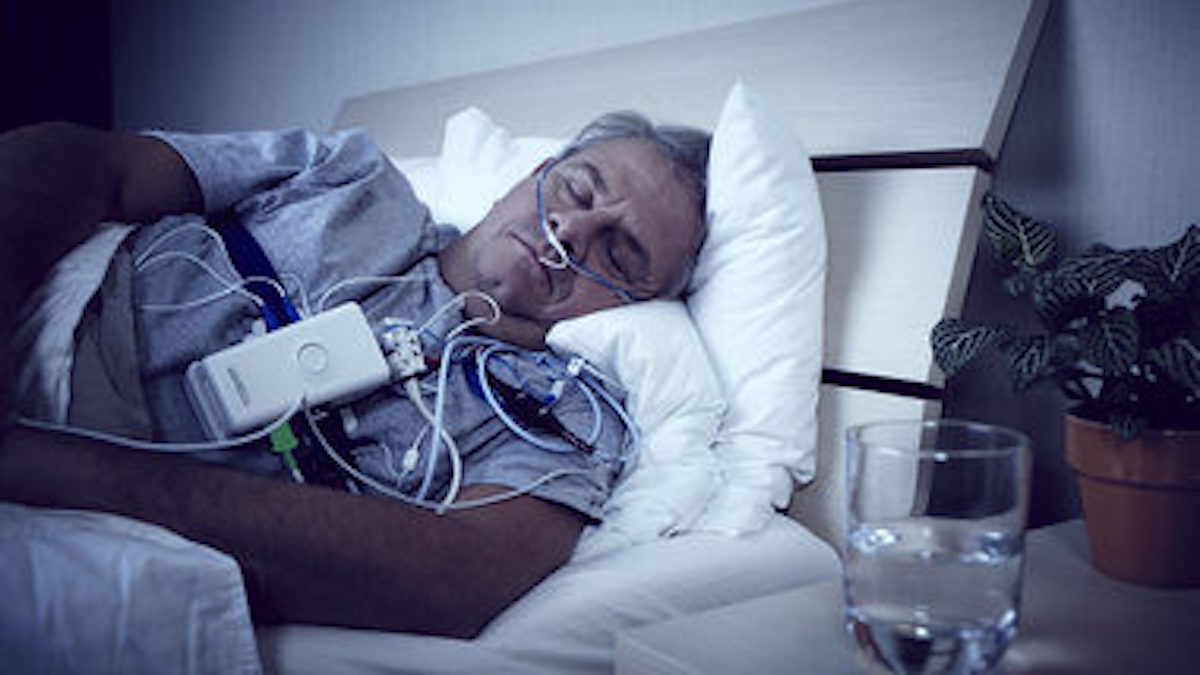Sleep apnea is a serious sleep disorder that affects millions of Australians. Understanding this condition and how it is diagnosed can significantly impact your overall health and well-being. In Australia, the cost of sleep apnea testing can vary widely, and it’s essential to know what to expect from both your test and the associated expenses. This article will guide you through the basics of sleep apnea, the testing process, costs, and post-test follow-up.
Understanding Sleep Apnea
Sleep apnea is characterized by repeated interruptions in breathing during sleep. These pauses in breathing can last from a few seconds to minutes and can occur multiple times throughout the night, leading to disrupted sleep and reduced oxygen levels in the body. The condition not only affects the quality of sleep but can also have far-reaching implications for overall health and well-being.
In conclusion, recognizing the importance of sleep apnea test cost Australia involved can empower individuals to take charge of their sleep health. By staying informed and proactive, you can ensure a better quality of life and mitigate the risks associated with this common yet serious condition.

The Basics of Sleep Apnea
The most common type of sleep apnea is obstructive sleep apnea (OSA), where the throat muscles intermittently relax and block the airway during sleep. Another type is central sleep apnea, which occurs when the brain fails to send the appropriate signals to the muscles that control breathing. Complex sleep apnea syndrome, which is a combination of both obstructive and central sleep apnea, can also occur in some individuals, complicating diagnosis and treatment.
Various risk factors can contribute to sleep apnea, including obesity, age, gender, and anatomical features that restrict airflow. Individuals with a family history of sleep apnea are also at a higher risk. Understanding the underlying mechanisms can help individuals recognize potential symptoms and seek appropriate care. Lifestyle changes, such as weight loss, avoiding alcohol, and quitting smoking, can significantly reduce the severity of symptoms and improve sleep quality.
Symptoms and Risks of Sleep Apnea
Common symptoms of sleep apnea include loud snoring, gasping or choking during sleep, excessive daytime sleepiness, and difficulty concentrating. These symptoms can significantly affect daily life, leading to irritability and decreased productivity. Moreover, partners of individuals with sleep apnea often report disturbed sleep due to the loud snoring and frequent awakenings, which can strain relationships and affect family dynamics.
Long-term risks associated with untreated sleep apnea include cardiovascular issues, such as high blood pressure and heart disease, as well as complications with diabetes and other metabolic disorders. Additionally, there is an increased risk of accidents due to impaired alertness and concentration. The cognitive effects of sleep apnea can also lead to memory problems and a higher likelihood of developing mood disorders such as anxiety and depression, creating a complex interplay between sleep quality and mental health. Recognizing these symptoms early and seeking medical advice can be crucial in mitigating these risks and improving quality of life.
The Importance of Sleep Apnea Testing
Testing for sleep apnea is crucial for early diagnosis and effective management. Many individuals remain unaware of their condition, which can have serious implications for their health. Accurate testing allows healthcare providers to recommend appropriate treatment options tailored to the individual’s needs.
Early Detection and Diagnosis
Early detection of sleep apnea can lead to timely interventions that may improve sleep quality and overall health. Standard diagnostic tools include sleep studies, which can be conducted either in a sleep clinic or at home, and questionnaires to assess the severity of the condition.
Regular screenings, especially for those at higher risk, can help identify sleep apnea before it leads to more severe health issues. The key is to recognize the symptoms and seek testing when they appear. Symptoms such as loud snoring, gasping for air during sleep, and excessive daytime sleepiness should not be overlooked, as they are often indicators of underlying sleep disorders. Family members or partners can be invaluable in recognizing these signs and encouraging individuals to seek help. Learn more about risk on https://er.educause.edu/blogs/2016/7/risk-management-basics
Long-term Health Implications
Failing to address sleep apnea can lead to a cascade of health problems, including chronic fatigue, mood disorders, and long-term cognitive decline. Awareness of these implications underscores the importance of seeking a specialist for assessment and treatment.
Caring for your sleep health is essential, as it plays a vital role in your physical and mental well-being. Early diagnosis not only improves quality of life but also reduces healthcare costs related to untreated conditions. Moreover, untreated sleep apnea has been linked to an increased risk of cardiovascular diseases, such as hypertension and heart attacks, as well as metabolic disorders like diabetes. By prioritizing sleep apnea testing, individuals can take proactive steps toward safeguarding their health and enhancing their overall quality of life.

The Process of Sleep Apnea Testing
The testing process for sleep apnea typically begins with a consultation with a healthcare provider. This initial meeting will help determine whether a sleep study is necessary and what type of study may be appropriate. The healthcare provider will often review your medical history, discuss any symptoms you may be experiencing, such as loud snoring or excessive daytime sleepiness, and may even conduct a physical examination to check for signs of sleep apnea.
Preparing for Your Test
Preparation for a sleep apnea test can vary depending on whether it’s conducted at home or in a sleep clinic. Usually, patients are advised to avoid alcohol and certain medications that can affect sleep patterns. It’s important to maintain a typical sleep schedule leading up to the test to provide accurate results. Additionally, patients may be instructed to bring along any personal items that will help them feel comfortable, such as their favorite pillow or blanket, especially if they are staying overnight at a clinic.
During a home sleep test, patients will receive equipment that monitors breathing patterns, oxygen levels, and other variables. In a sleep clinic, patients may spend the night in a controlled environment, monitored by sleep technologists. The clinic is designed to replicate a home sleeping environment as closely as possible, with dim lighting and comfortable bedding, to help ensure that patients can sleep soundly while being observed. To find more about environment on click here.
What Happens During the Test
During a home sleep apnea test, you will wear sensors that record data while you sleep. Similarly, in a sleep clinic, various sensors will be attached to your body, including ones placed on the scalp, face, chest, and legs. This data will help professionals analyze your breathing and sleep patterns. The sensors are typically lightweight and designed for comfort, allowing you to move naturally during sleep without feeling restricted.
The entire testing process is generally non-invasive and designed to minimize discomfort. At the clinic, technicians are available to assist with any concerns you might have throughout the night. They will monitor your vital signs and ensure that the equipment is functioning correctly, providing peace of mind. After the test, the collected data will be analyzed, and a follow-up appointment will be scheduled to discuss the results and any necessary treatment options. Understanding the implications of sleep apnea is crucial, as untreated cases can lead to more severe health issues, including cardiovascular problems and impaired cognitive function.
Cost of Sleep Apnea Test in Australia
The cost of sleep apnea tests in Australia can differ based on several factors such as whether the test is conducted at home or in a specialized sleep laboratory. Prices can range from a few hundred dollars to a few thousand, depending on the complexity of the test and the facility.
Factors Influencing the Cost
- The type of test required (home vs. lab)
- Any additional consultations or follow-ups
- The specific technologies used in the testing equipment
- Geographic location and provider fees
It’s essential to discuss the estimated costs with your healthcare provider before proceeding with the test. This can help in budgeting for the necessary expenses.
Insurance and Medicare Coverage
Many Australian health insurance plans offer some level of coverage for sleep studies, especially if prescribed by a physician. Medicare also provides assistance for certain sleep tests, but it’s crucial to review your specific policy details.
Patients should inquire with their insurance providers about coverage specifics, including which types of tests are eligible for reimbursement and any out-of-pocket expenses that may arise.
What to Expect After the Test
After completing your sleep apnea test, the next steps involve analyzing the collected data. This stage is crucial for determining whether you have sleep apnea and, if so, how severe your condition is.
Interpreting Your Results
Your healthcare provider will schedule a follow-up appointment to discuss your test results. During this consultation, you will learn whether you have been diagnosed with sleep apnea, the severity of the condition, and the recommended treatment options.
Understanding your results is vital for making informed decisions about your health and the potential lifestyle changes that may be necessary.
Treatment Options and Next Steps
If diagnosed with sleep apnea, several treatment options may be available. These include lifestyle changes, continuous positive airway pressure (CPAP) therapy, oral appliances, or even surgical interventions in more severe cases.
Your healthcare provider will work closely with you to create a personalized treatment plan that addresses your specific needs and circumstances. The goal will be to manage the condition effectively, improve sleep quality, and enhance your overall health.



